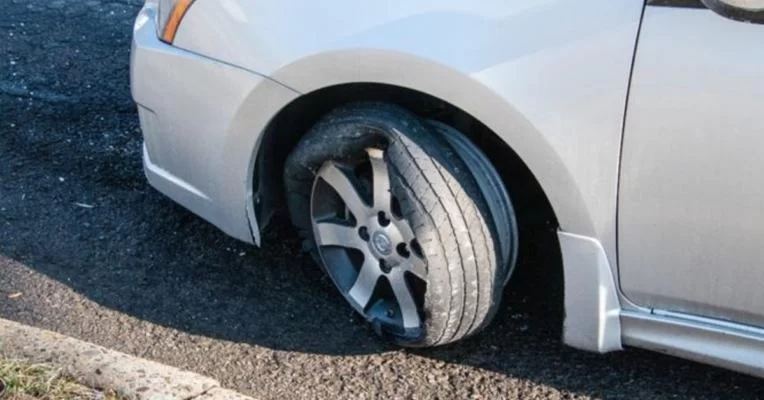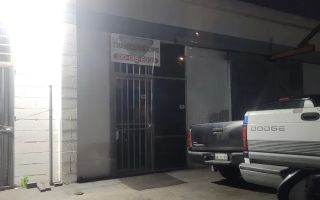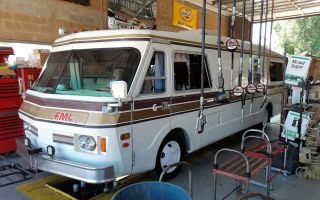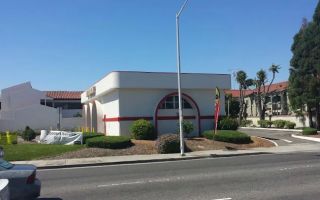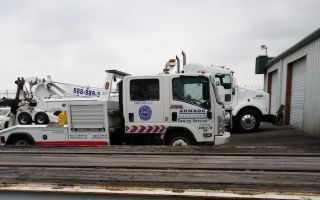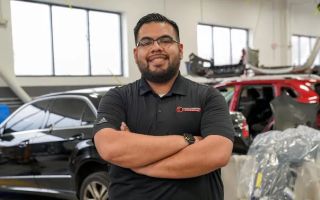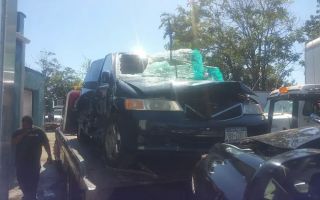How to Protect Your Tires from Overheating and Blowing Out
- 1-Understanding Tire Overheating
- 2-Causes of Tire Overheating
- 3-Preventive Maintenance Tips
- 4-Driving Habits for Tire Protection
- 5-Emergency Situations
- 6-Real-Life Experiences
- 7-Conclusion and Next Steps
1-Understanding Tire Overheating
As someone who has experienced the inconvenience and danger of a tire blowout, I understand the importance of protecting your tires from overheating. Tire overheating occurs when the tire's temperature rises significantly, often due to friction, underinflation, or excessive load.
Overheating can lead to tire failure, which is not only a hassle but also a serious safety risk. Tires are designed to operate within specific temperature ranges, and exceeding these limits can cause the rubber to degrade, leading to a blowout.

Pick Your Part - Help Yourself
1232 Blinn Ave, Wilmington, CA 90744, USA
2-Causes of Tire Overheating
Several factors can contribute to tire overheating:
- Underinflation: When tires are underinflated, more of the tire's surface area comes into contact with the road, increasing friction and heat buildup.
- Overloading: Exceeding your vehicle's recommended load capacity can cause excessive heat generation in the tires.
- High Speeds: Driving at high speeds, especially in hot weather, can lead to increased tire temperatures.
- Road Conditions: Poor road conditions, such as potholes or rough surfaces, can cause additional stress and heat buildup in tires.
3-Preventive Maintenance Tips
Regular maintenance is key to preventing tire overheating:
- Check Tire Pressure: Maintain the recommended tire pressure for your vehicle. This information can be found in your vehicle's owner manual or on the tire and loading information label.
- Inspect Tires Regularly: Look for signs of wear, such as cracks, bulges, or uneven tread wear. Address any issues promptly.
- Rotate Tires: Regular tire rotation helps ensure even tread wear and can prevent excessive heat buildup in any one tire.
4-Driving Habits for Tire Protection
Your driving habits play a significant role in protecting your tires from overheating:
- Avoid Sudden Acceleration and Braking: Gradual acceleration and braking help minimize tire stress and heat buildup.
- Maintain Safe Speeds: Adhere to speed limits and avoid excessive speeds, especially in hot weather.
- Avoid Overloading: Stick to your vehicle's recommended load capacity to prevent excessive tire stress.
5-Emergency Situations
If you find yourself in an emergency situation with an overheated tire, here's what to do:
- Pull Over Safely: Find a safe location to pull over, away from traffic.
- Allow Tires to Cool: Give your tires time to cool down before attempting to change them or drive further.
- Call for Assistance: If you're unsure about changing the tire yourself, don't hesitate to call for roadside assistance.
6-Real-Life Experiences
I recall a road trip where a friend experienced a tire blowout due to overheating. We were driving on a hot summer day, and the tires hadn't been checked in a while. Fortunately, we were able to pull over safely and call for assistance. The incident highlighted the importance of regular tire maintenance and being prepared for emergencies.
Stories like these underscore the need for vigilance in tire care and the value of professional assistance in emergencies.

House of Tires
3146 Hempstead Tpke, Levittown, NY 11756, USA
7-Conclusion and Next Steps
Protecting your tires from overheating and blowouts involves a combination of regular maintenance and safe driving habits. By understanding the causes of tire overheating and taking preventive measures, you can significantly reduce the risk of tire failure.
Don't wait for an emergency to happen. Take proactive steps to ensure your tires are in good condition and consider keeping the contact information for a reliable roadside assistance service handy. Your safety on the road is paramount.
Ready to take control of your tire maintenance? Visit our website for more tips and expert advice on keeping your tires in top condition.

